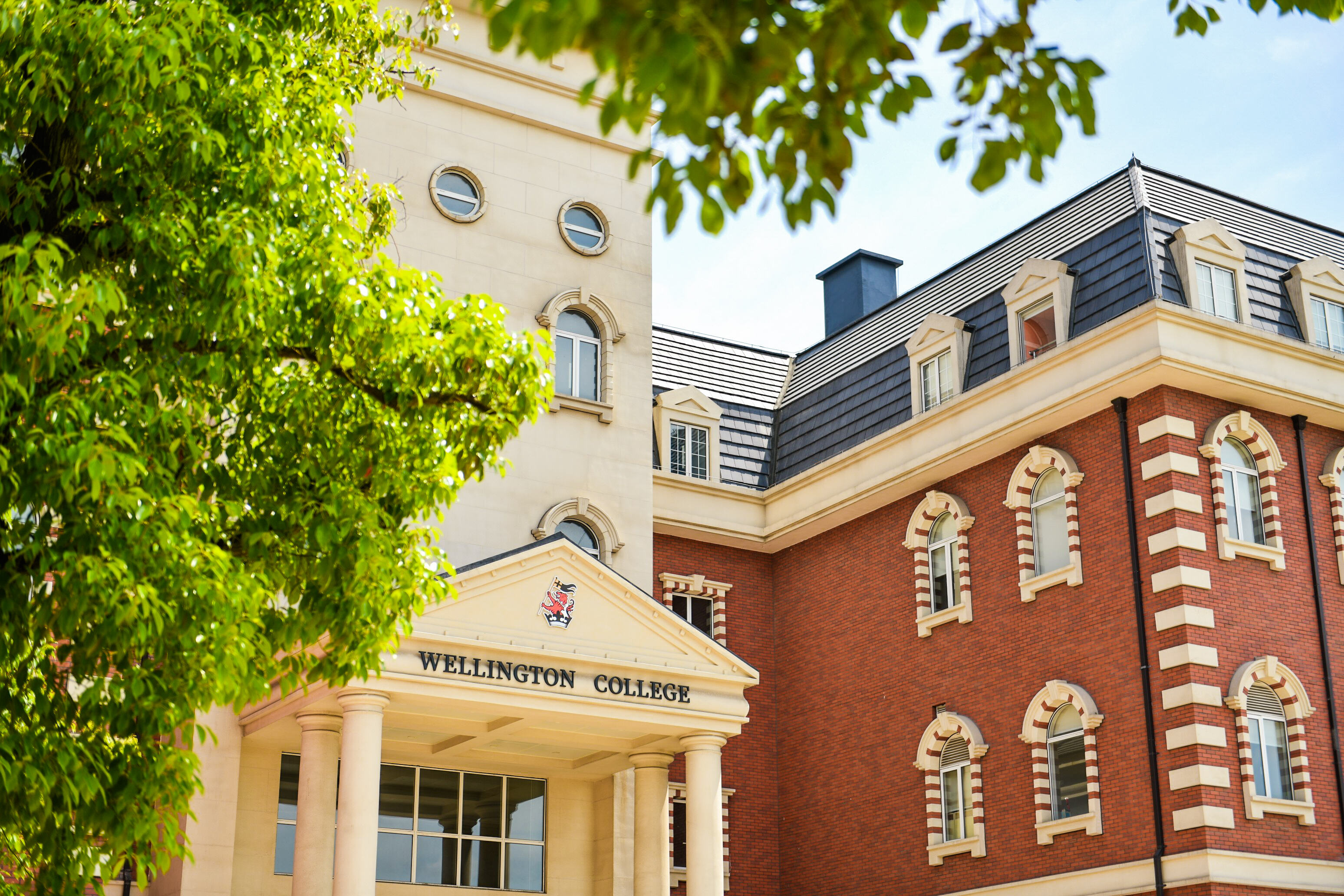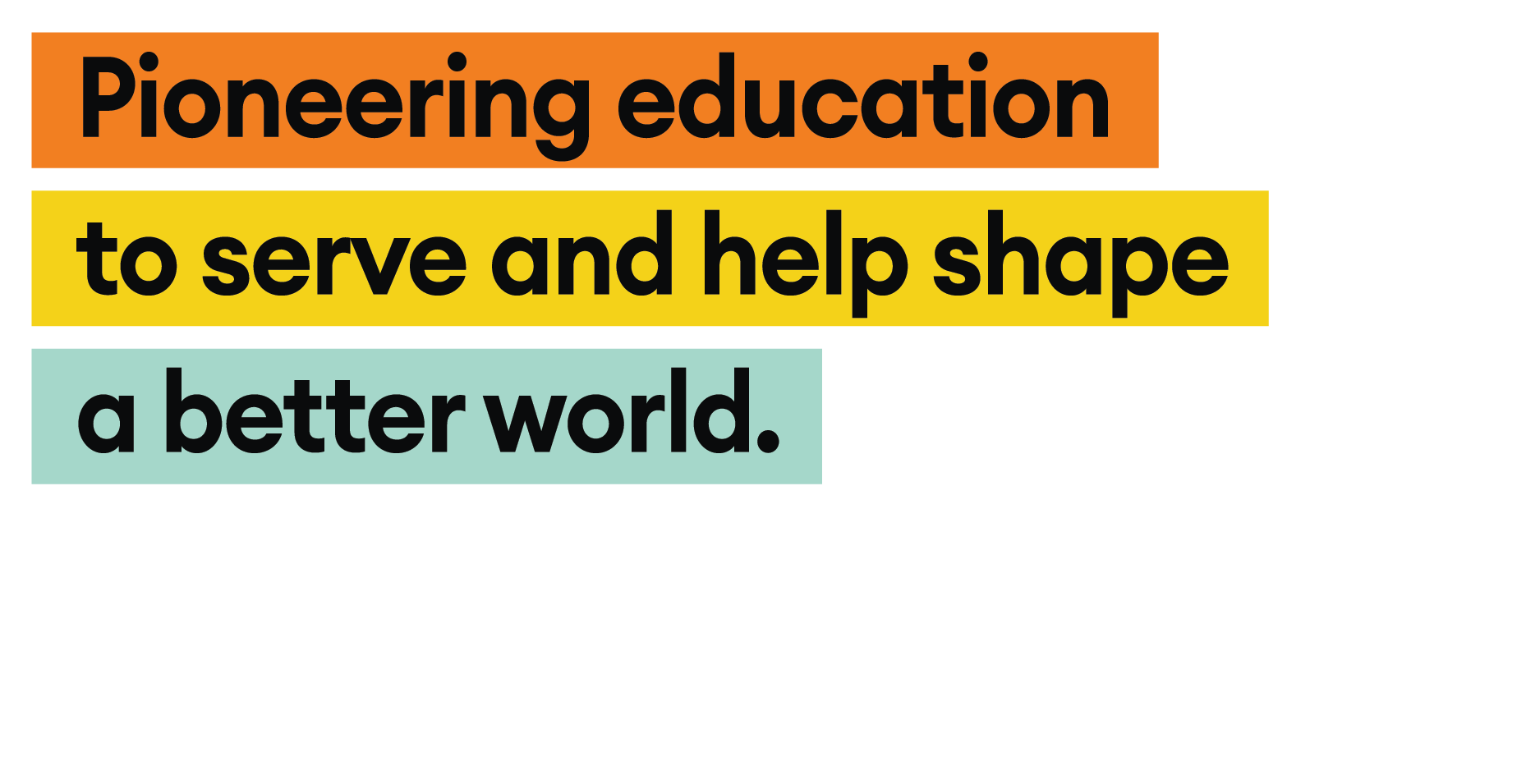AI Empowerment and the ‘Future-Oriented Education’ We Strive For
In today's era of rapid artificial intelligence (AI) development, education is undergoing a profound transformation. The advance of AI not only reshapes the way societies operate but also redefines how human beings learn and think. Against this backdrop, Wellington College Education (China) – Hangzhou continues to reflect on a fundamental question: In a time when AI is deeply integrated into education, what kind of education are we truly seeking?
In our view, the value of AI does not lie in replacing education itself, but in empowering it. With its algorithms and computing power, AI can help teachers gain a more holistic understanding of pupils' learning journeys and provide more targeted support. It can intelligently recommend resources suited to each child's interests, pace and abilities, enabling every learner to grow along an individualised path. At the same time, the interdisciplinary integration brought by AI is expanding the boundaries of learning, allowing pupils to experience new possibilities across data analysis, language acquisition, scientific exploration and even artistic creation.
To this end, Wellington College Education (China) – Hangzhou is actively exploring how AI might be integrated into daily teaching in thoughtful and responsible ways. We see AI not only as a learning assistant in the classroom but also as an essential subject of curriculum research. We seek to embed AI applications within our courses, guiding pupils to consider the logic and ethics behind artificial intelligence, and helping them to understand the profound links between technology and society, technology and the humanities. We also place emphasis on our teachers' professional development, ensuring that while they master AI tools, they remain steadfast to the wisdom and values of education, continuing to be true mentors and guides. At the same time, we provide pupils with opportunities for practical exploration, enabling them to see AI as a partner in solving authentic problems rather than a crutch for electronic dependence.
Across our Nursery, Primary School, and Senior School, we explore AI in ways that are appropriate to the age and stage of the learner. Even the youngest children are demonstrating remarkable creativity when accompanied by AI. Pupils at our Nursery, for example, compose original music using Suno AI. Through exploring rhythm and melody, they not only gain artistic fulfilment but also build confidence and expressive ability.
In the Primary School, AI applications are more diverse. Pupils use Magic School to discuss mathematical problems with AI, learning to turn abstract concepts into concrete reasoning. With ChatGPT Voice, users can hold conversations with historical figures, transforming history from text on a page into vivid dialogue and a lived experience. AI Workstation has also become a key tool in their daily studies, helping them to search and understand vocabulary more efficiently, thereby deepening their grasp of the intricacies of language.
At the Senior School level, AI plays an even more advanced role as a partner in academic exploration and skills development. Pupils use AI Agents to support Python programming. When encountering challenges in their code, AI not only provides timely guidance but also helps them visualise the logic of program execution. This approach allows pupils to experience a sense of achievement while deepening their understanding of computational thinking. At the same time, Microsoft Reading Progress has been introduced into reading lessons to provide intelligent assessments of pupils' reading levels. This enables teachers to gain a more accurate understanding of learning needs and provide more effective support.
Alongside AI, we actively employ immersive technologies to extend the boundaries of learning. In both Primary and Senior Schools, pupils can explore through VR: putting on headsets, they may 'walk' into ancient forests to marvel at scientific wonders, or 'travel' to the far reaches of the universe to experience its vastness. Such approaches ignite pupils' curiosity, enabling them to construct their understanding of the world through interaction and exploration.
Yet even as AI empowers education, we remain deeply aware that at its heart, education is about people. While AI can offer precise data and convenient tools, it cannot replace the warmth a teacher brings to the classroom, nor replicate the authenticity of teacher–pupil relationships, inspiration and care. Teachers are not only transmitters of knowledge but also shapers of values and guides through life. True education is about responsibility, empathy and creativity—qualities that no technology can replicate.
We do not wish for children merely to adapt to AI, but to co-evolve with it—and ultimately to surpass it, forging pathways unique to humanity.
The 'Future-Oriented Education' requires not only technological innovation but also a steadfast commitment to human-centred values. We believe that education empowered by AI should enable pupils to become more independent, not more dependent; more creative, not more passive; more capable of embracing the world, not constrained by the limits of any tool. Wellington College Education (China) – Hangzhou holds firm to this ideal: that technology should be an enabler, not the protagonist; and that every child should find themselves, realise their potential and create value in the AI era.
The future of education is already here. We hope that this future shines with wisdom whilst also resonating with humanity. On the journey of AI empowerment, we will continue to stay true to our mission, embrace innovation and open doors to infinite possibilities for our pupils.
We are ready.
Related Articles
















